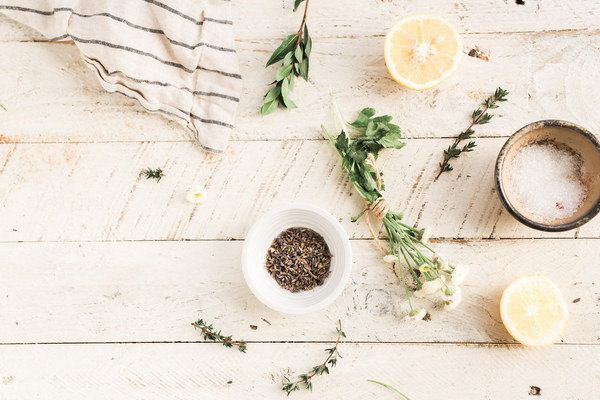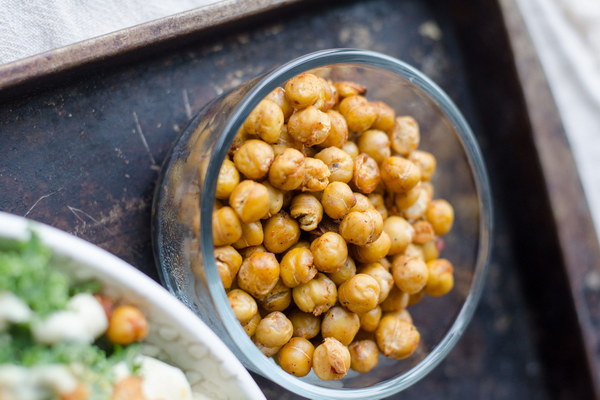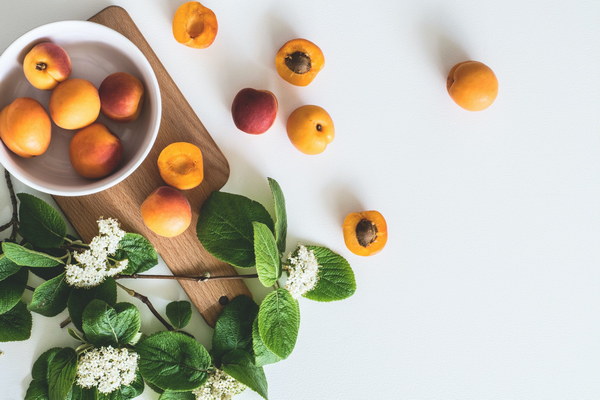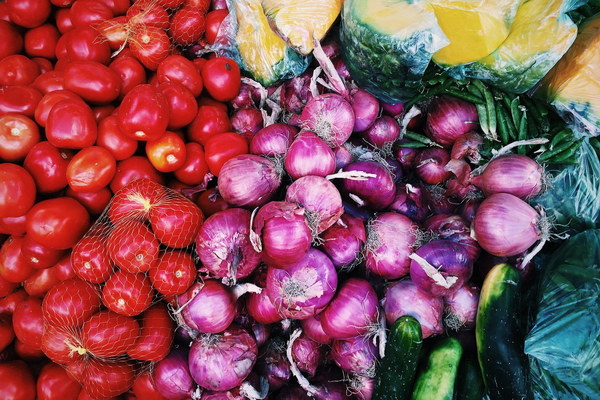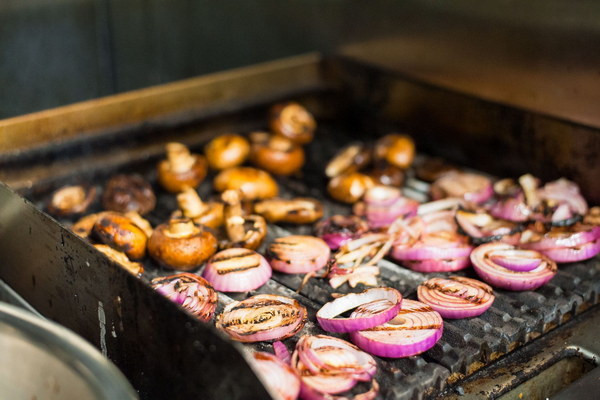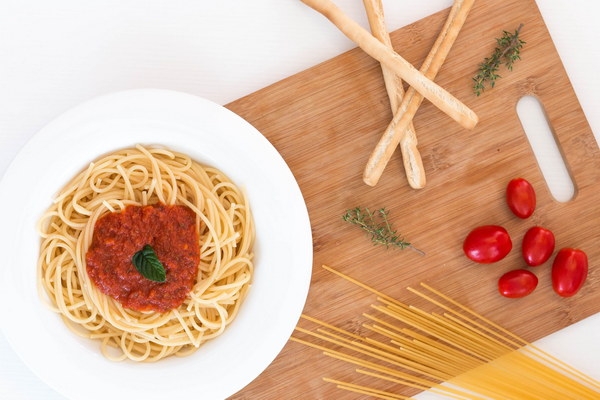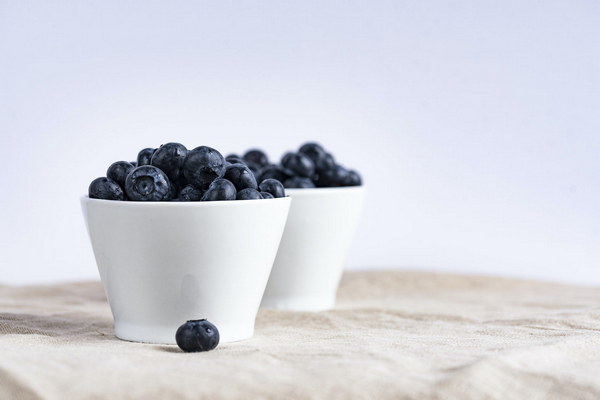What Foods Can Protect Your Baby's Liver
Introduction:
The liver plays a crucial role in the body's metabolism and detoxification processes. For babies, whose organs are still developing, it's essential to provide them with a diet that supports liver health. In this article, we will explore the types of foods that can help protect your baby's liver and promote overall well-being.
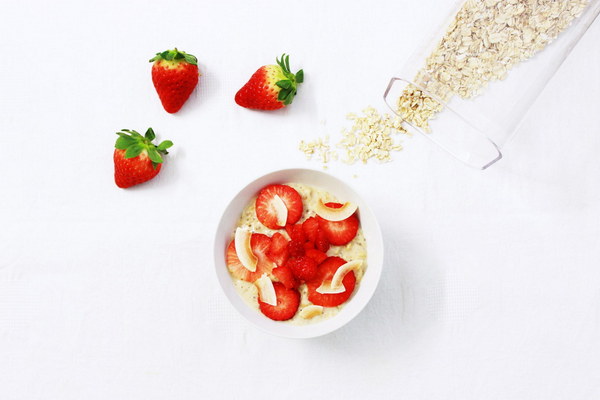
1. Breast milk: The foundation of a healthy diet
Breast milk is the best source of nutrition for infants. It contains essential nutrients that support liver health, including proteins, vitamins, and minerals. Breast milk also has a unique composition of fatty acids that help the liver function optimally. Therefore, it is recommended to breastfeed your baby for at least the first six months of life.
2. Iron-rich foods: Building a strong liver
Iron is a vital nutrient that aids in the production of hemoglobin, which carries oxygen to the liver. Foods rich in iron, such as lean red meat, poultry, fish, and fortified cereals, can help support your baby's liver health. As babies grow, introduce iron-rich foods gradually and ensure they are properly cooked to avoid any foodborne illnesses.
3. Green leafy vegetables: Detoxification superheroes
Green leafy vegetables like spinach, kale, and lettuce are packed with essential nutrients that promote liver health. These vegetables contain high levels of antioxidants, such as vitamin C and vitamin E, which help protect the liver from oxidative stress. Introduce these vegetables to your baby's diet when they are around 6 months old, starting with pureed versions.
4. Fruits: A sweet source of liver protection
Fruits like apples, berries, and oranges are not only delicious but also beneficial for your baby's liver. These fruits contain a variety of vitamins and minerals, including vitamin C, vitamin E, and beta-carotene, which support liver function. Introduce fruits to your baby's diet when they are around 6 months old, ensuring they are mashed or pureed to avoid any choking hazards.
5. Nuts and seeds: Healthy fats for liver health
Nuts and seeds, such as almonds, walnuts, flaxseeds, and chia seeds, are rich in healthy fats, including omega-3 fatty acids. These fats are essential for liver function and can help reduce inflammation. Introduce nuts and seeds to your baby's diet when they are around 12 months old, ensuring they are ground or finely chopped to avoid any choking risks.
6. Whole grains: Energy for a healthy liver
Whole grains, such as brown rice, whole wheat bread, and oats, are rich in fiber, vitamins, and minerals. These nutrients support liver health and aid in the elimination of waste products from the body. Introduce whole grains to your baby's diet gradually, starting with pureed versions or soft cooked grains.
7. Dairy products: Calcium and vitamin D for liver protection
Dairy products, such as milk, cheese, and yogurt, are excellent sources of calcium and vitamin D. These nutrients are essential for maintaining healthy liver function and supporting bone development. Introduce dairy products to your baby's diet when they are around 12 months old, ensuring they are well-cooked and pureed or mashed.
Conclusion:
In conclusion, feeding your baby a well-balanced diet that includes a variety of nutritious foods can help protect their liver and promote overall health. By incorporating breast milk, iron-rich foods, green leafy vegetables, fruits, nuts and seeds, whole grains, and dairy products into their diet, you can ensure your baby's liver receives the essential nutrients it needs to function optimally. Always consult with a pediatrician before introducing new foods to your baby's diet to ensure they are suitable for their age and development.
